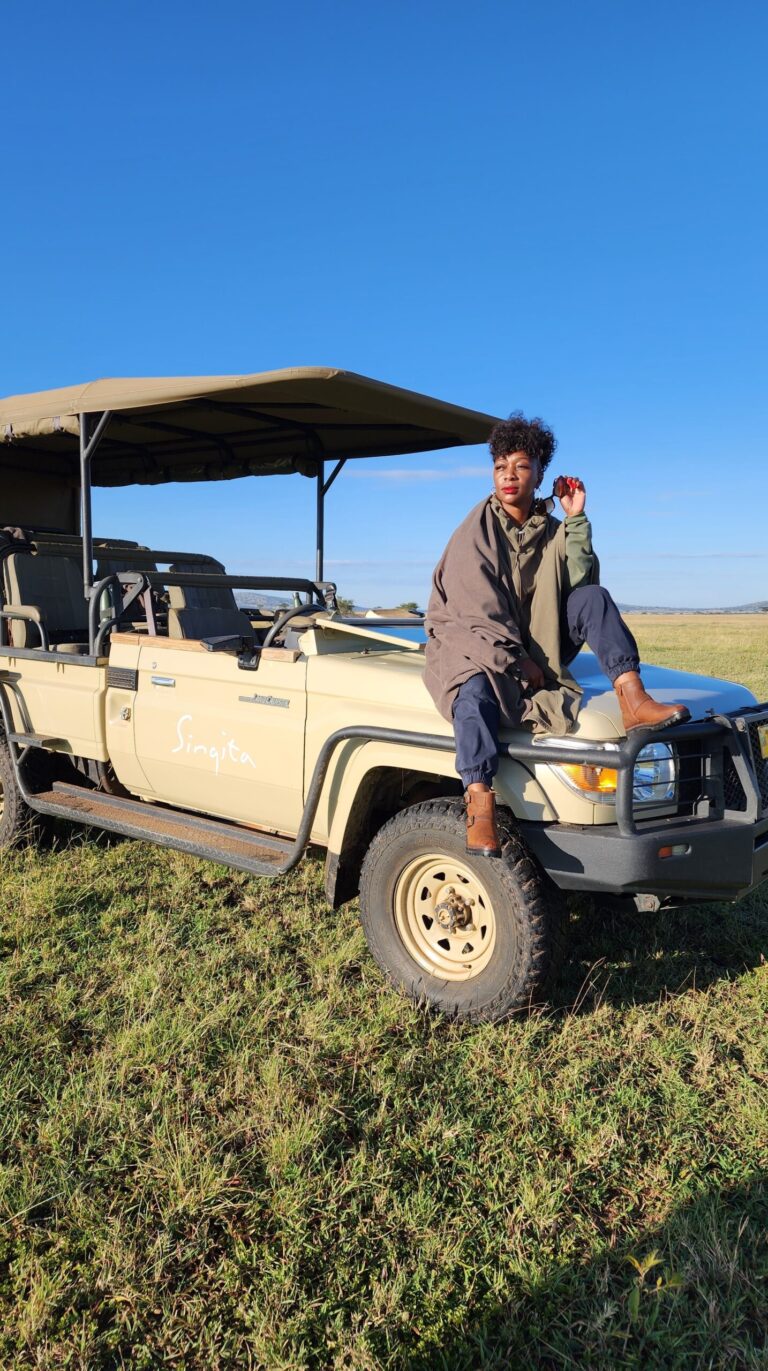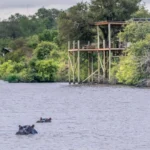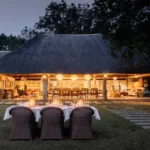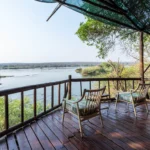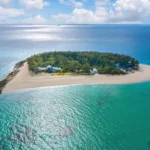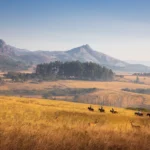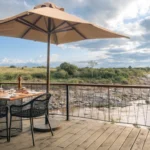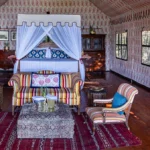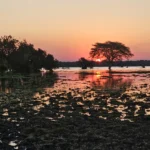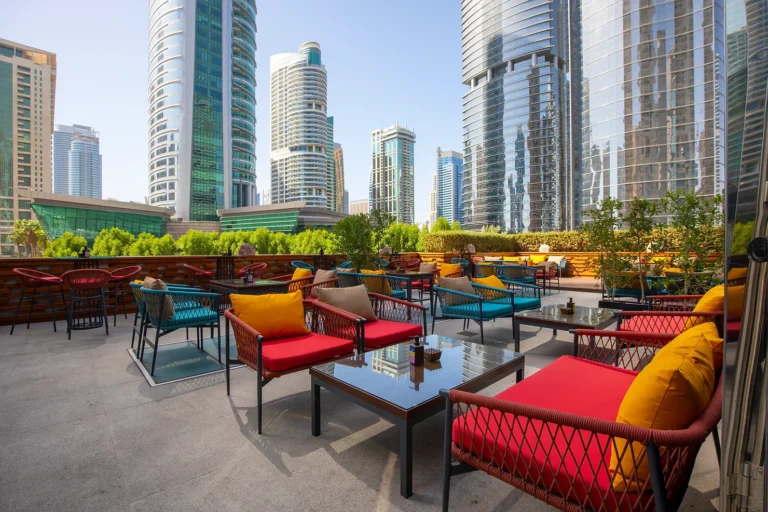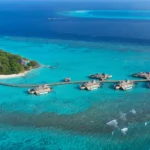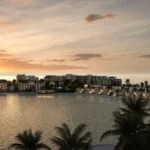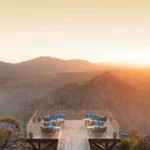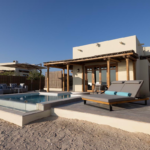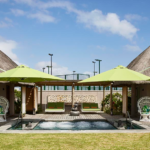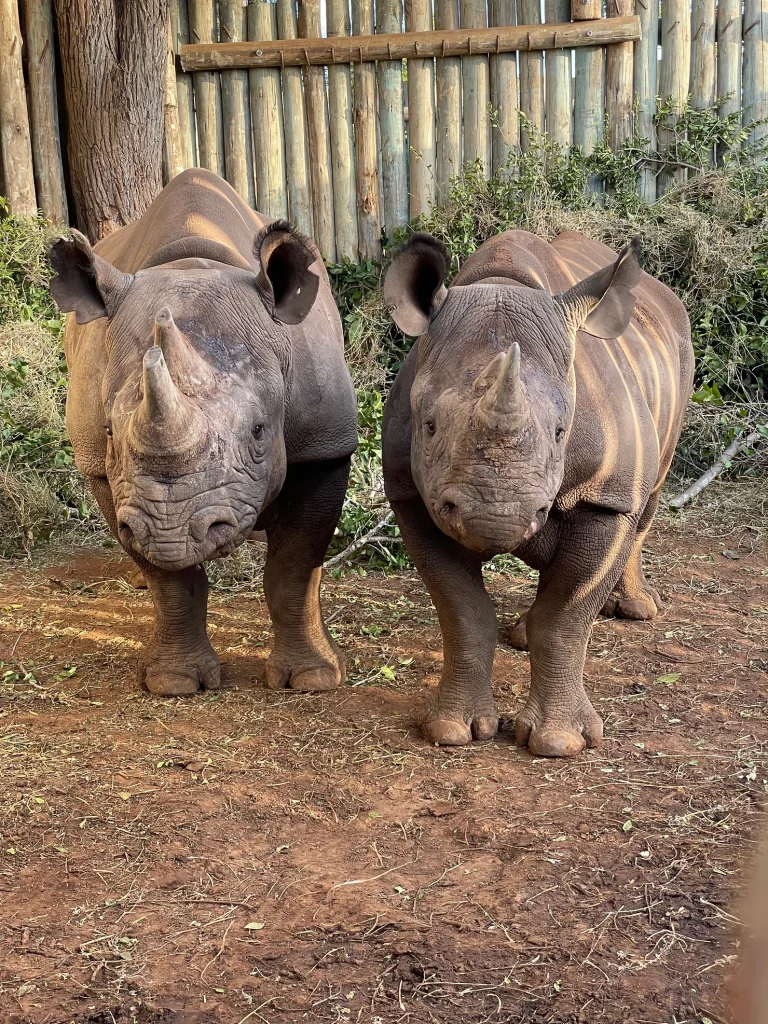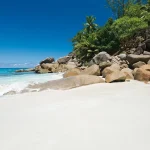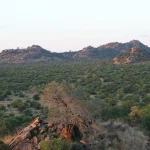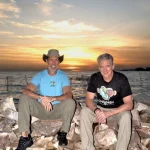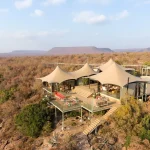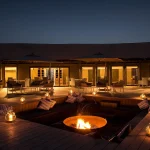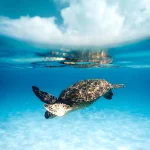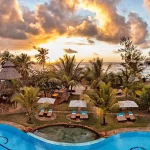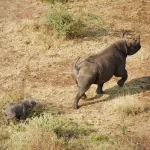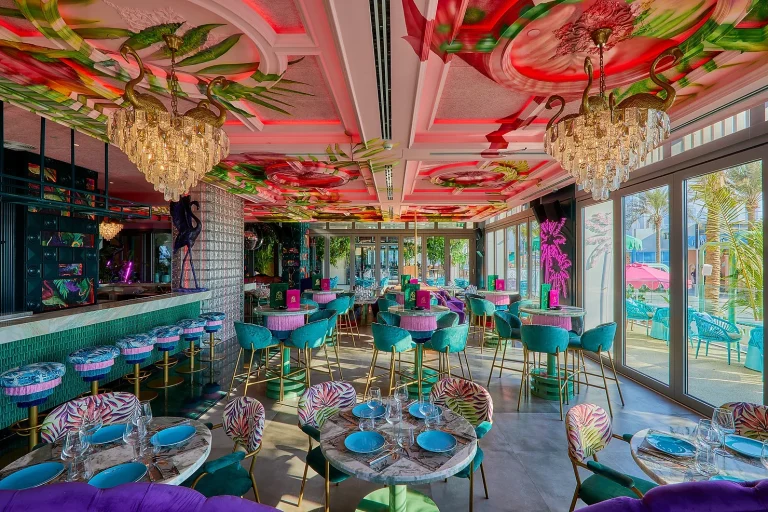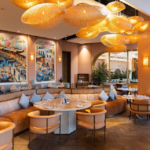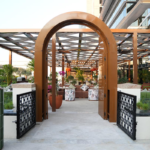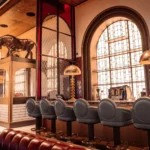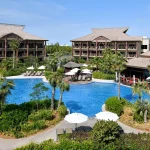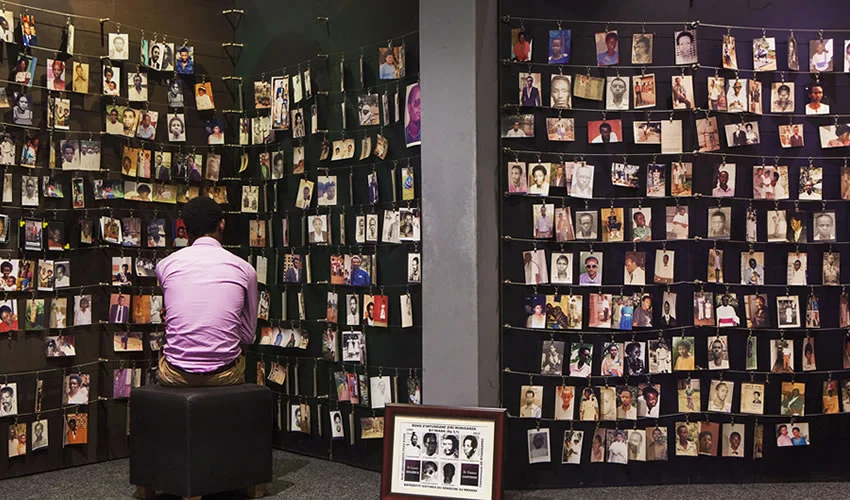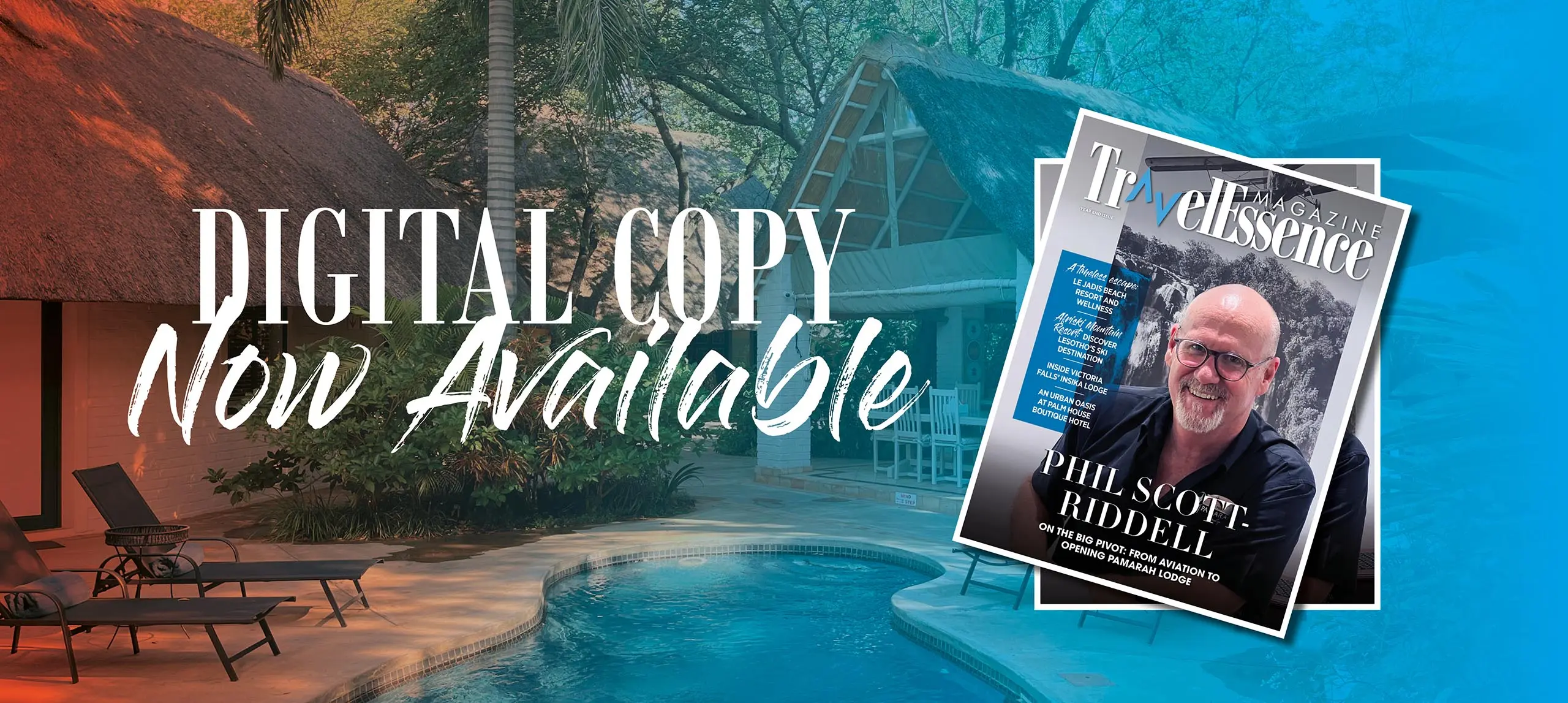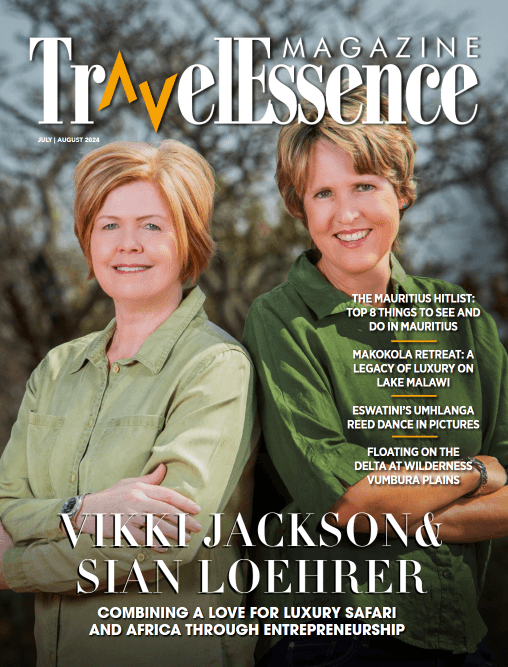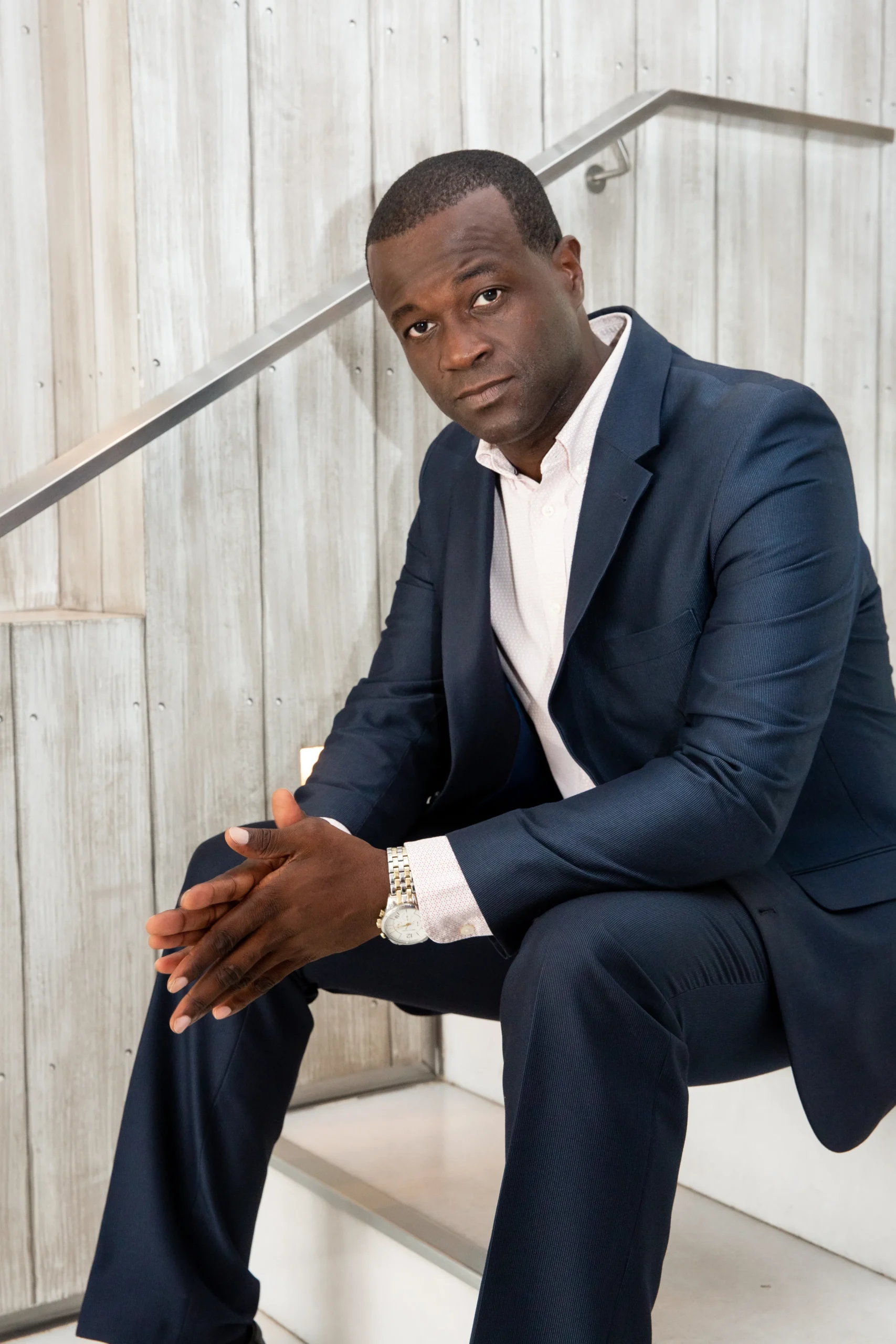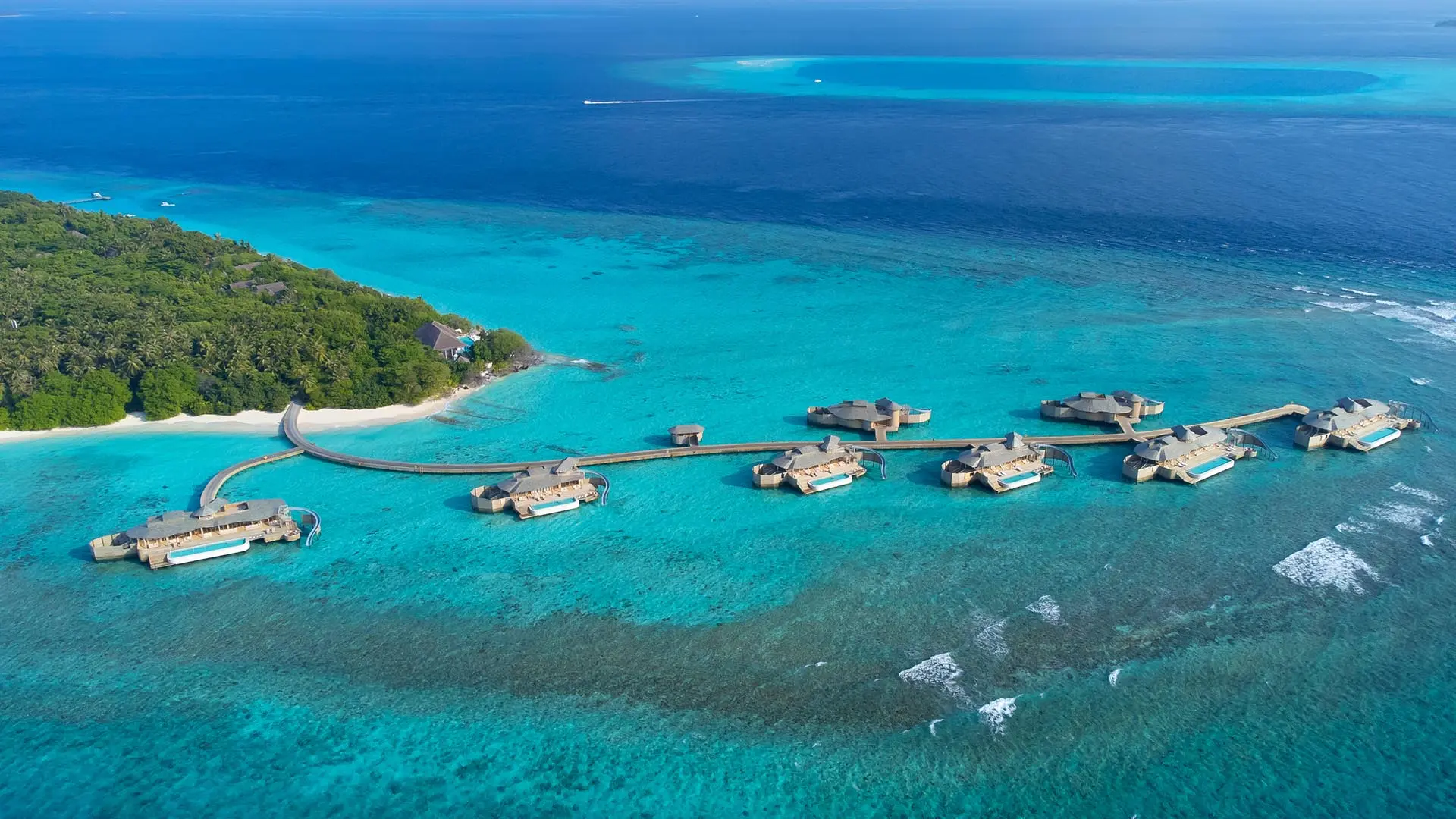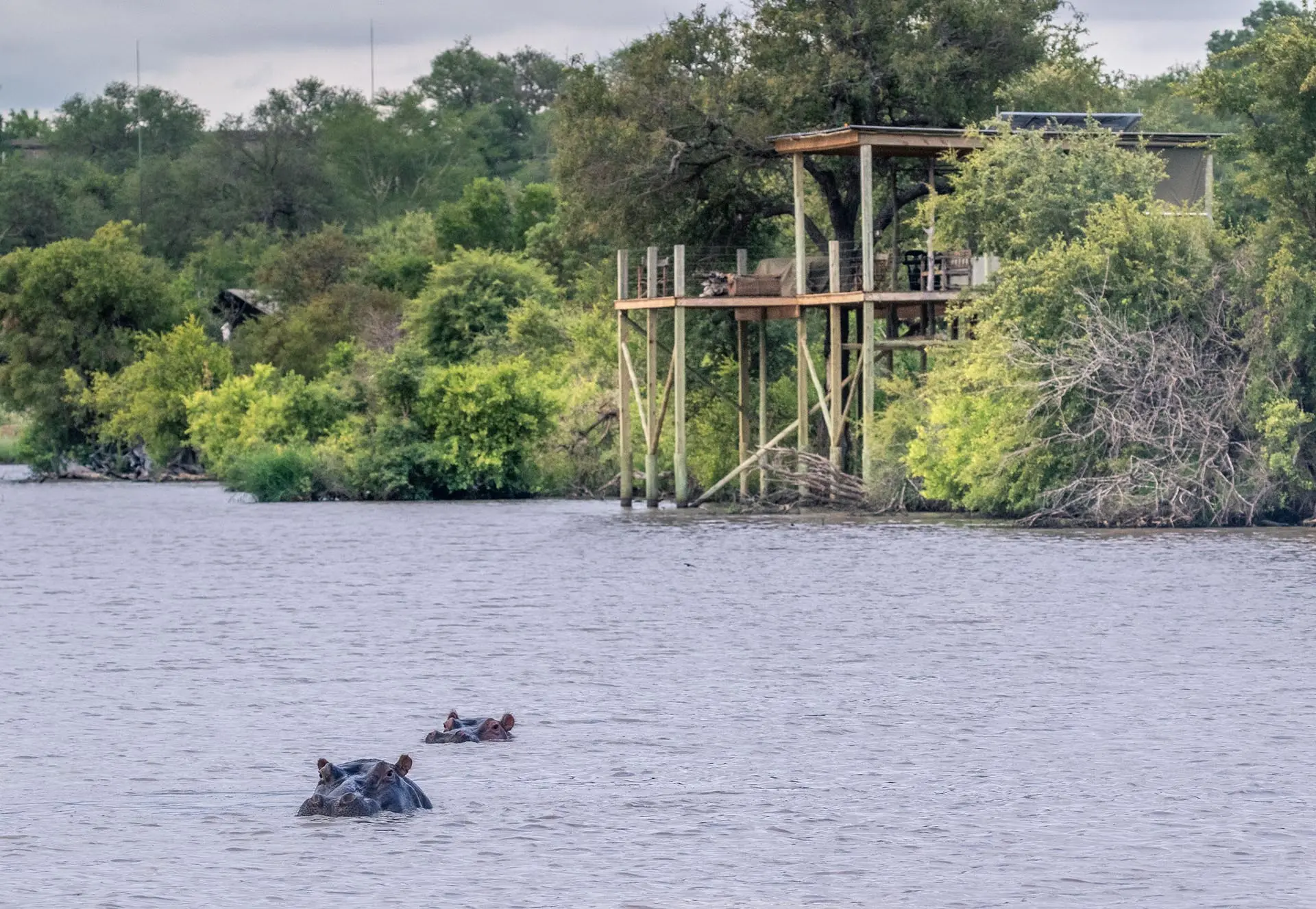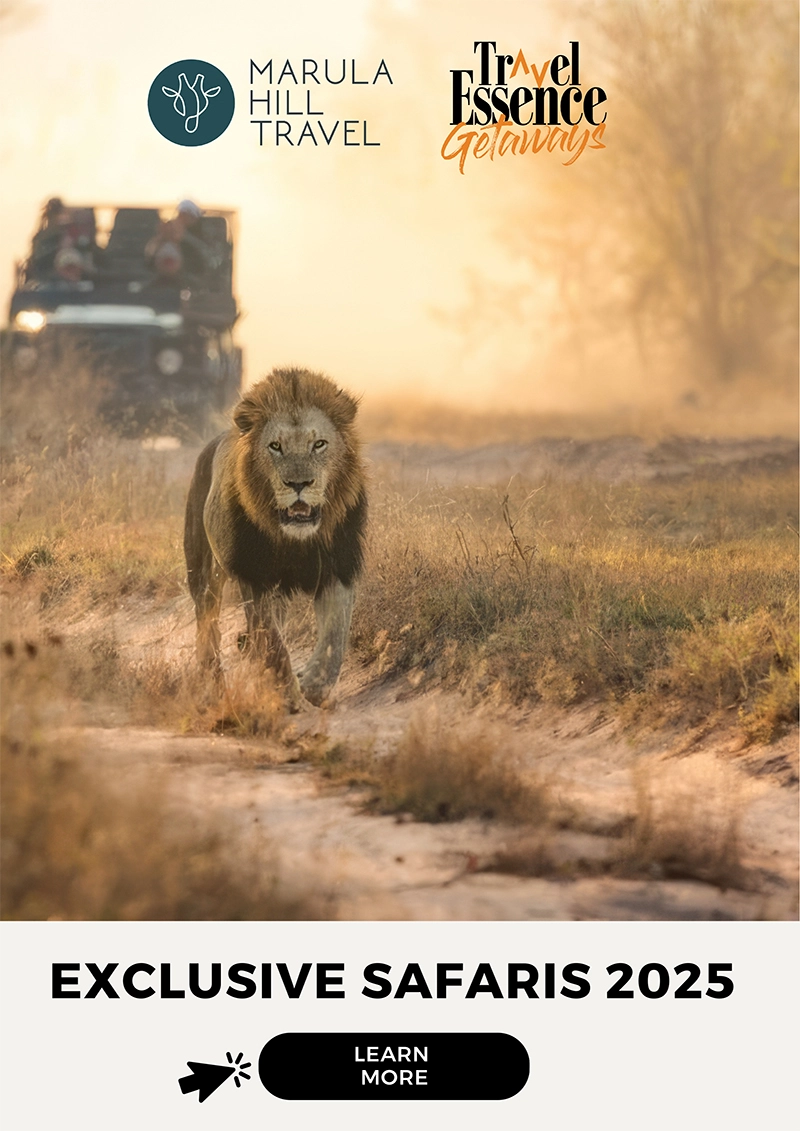Most people hadn’t taken anything more than a lingering notice of Rwanda until 1994 when the genocide that happened there shocked the world. Even then, many ticked a box and marked Rwanda as another place to avoid, in a continent where bad news is more at home than good, and tragedy is a staple food in a media predefined diet. I too was in that category. There is so much news to consume, you have to decide what is important and what is not.
So, for me, it wasn’t until I once casually overheard the Former US President Bill Clinton, in the news raving about Rwanda and reeling out growth and economic statistics I couldn’t ignore, that I had to go back, dig deeper and take a closer look at this landlocked miracle in the sun.
Even though President Paul Kagame doesn’t like the word miracle, it’s on record that no country has come out of what Rwanda has gone through and still gone on to achieve what it is achieving. Consecutive growth of 7 – 8% for 15 years, meeting all the SDG targets, highest representation of women in parliament in the world, highest enrollment rate of primary and secondary school students in sub–Saharan Africa, health insurance that covers over 90% of the population and a one stop business friendly registration that takes place within 6 hours. All this for the second smallest country in Africa. The list goes on.
I’ll spare you the details of what happened during the 1994 Rwanda genocide, most already know; and there is very little, if any, that hasn’t already been said. What amazes me is how they have deliberately pulled themselves up and out of the depths of that despair and re-labelled their country to write for themselves, a new story.
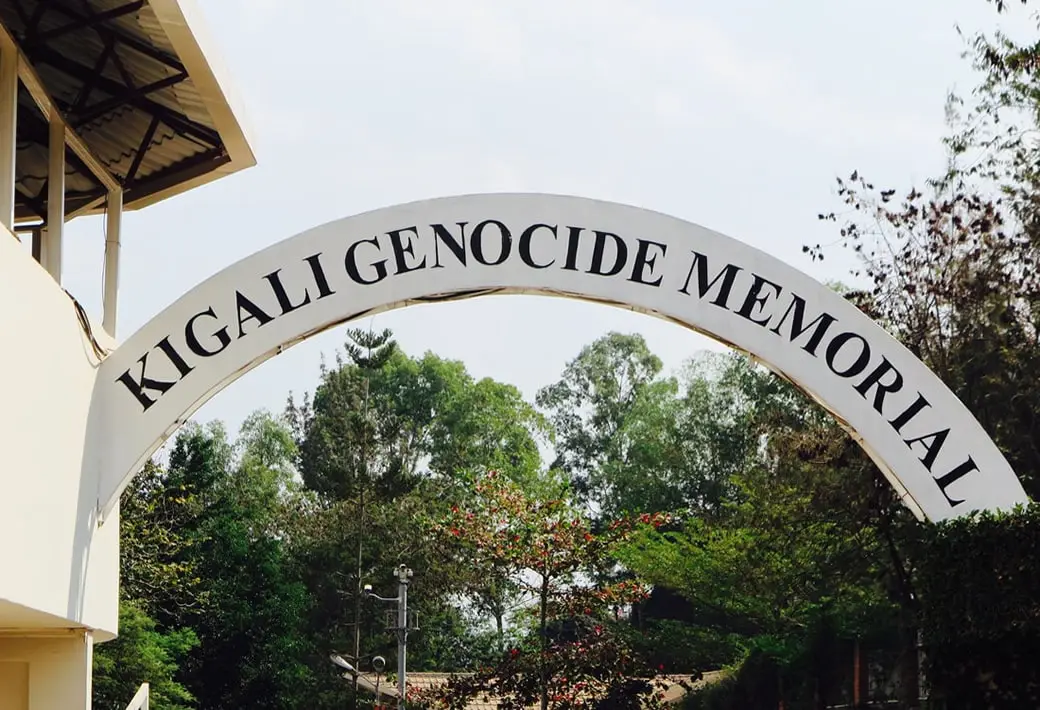
Journeying into a painful past; harnessing hope for future generations
Nothing brought it home to me more clearly than when I went to the Kigali Genocide memorial for the third time recently. I had come with a colleague to take a deeper dive on Rwanda on the invitation of the Government, to find out what it was that made them tick so much and to try to put a finger on what made them different. It was the first stop on my itinerary and even though when I saw it, I had not wanted to go yet again to see the sad images and relive the memories of that day, my guide was very articulate, jovial and clear eyed. So, my instincts told me to go with the flow, and I did. Something inside me, told me this visit would be different and it was.
Walking into the reception was not eventful until the discussion of if we could film came up. I had expected a resounding “No”, but to my surprise we got the “all clear” albeit with conditions that were quite reasonable. We switched from tourists to story tellers and started to look at 1994 from the eyes of those who were not there. It was no longer enough to wonder, we needed to know, understand and ask the questions that you would ask if you were there. Suddenly we became more bold, more inquisitive and this set the tone for the rest of my trip.
With this new hat and my renewed enthusiasm I proceeded down the steps of the memorial and into the first area that welcomes visitors. Unlike my previous visits, I noticed that this time, a lot of children had come to tour the memorial. Their naivety and innocence stood in stark contrast to the tragic history they were coming to catalog, but I put the thought to one side as what I thought was my mission there, appeared before me.
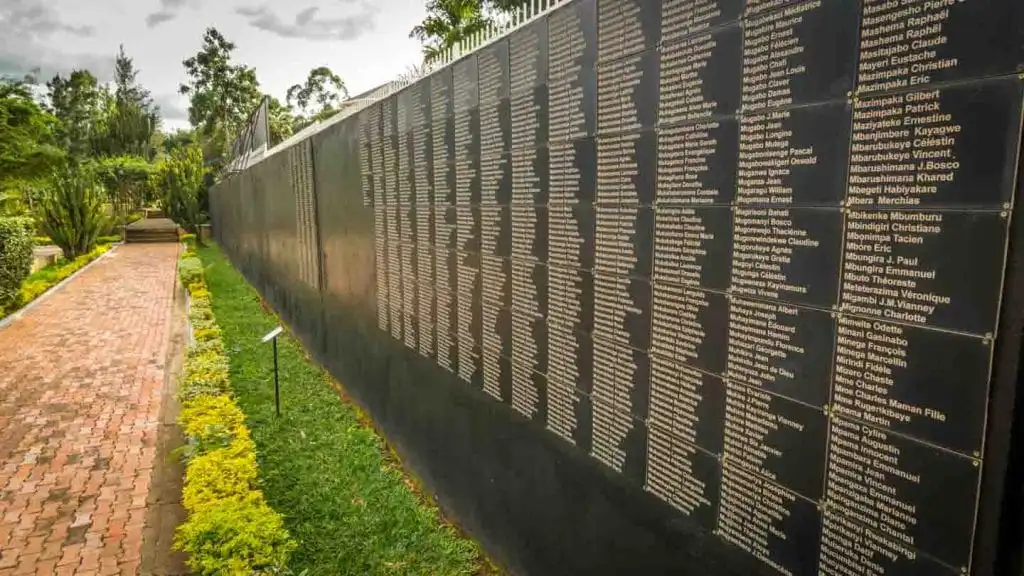
We had started to walk through and capture the experience for ourselves knowing that it would be conveyed in due course to us, with the weight of responsibility that soon loaded on my mind, as I braced for the first of many cries, sobs and screams that would soon be let out. I wasn’t sure where they were coming from, but the mind will always try to explain away an anomaly until it fails.
I followed the noises, until I saw what appeared to be students gathered in a central area. Some were inconsolable and in tears, other fellow students were consoling them and a few adults were in amongst them telling them something in Kinyarwanda that I presumed was that it would be okay. Eventually some had to be carried out, a few accompanied back up the stairs to “get some air”. All the while the camera was off. We had agreed to respect the privacy of other visitors and recording children in distress was not the mission, but it seemed there was a message here so I asked our guide Yves if it would be possible to grab a word with who I suspected was their teacher.
Turns out she was the headmaster of a school and it was her responsibility to manage the kids and their experience. She said she would be glad to talk to us once she got a free moment and true to her word, after she organized a charity contribution from her school to the memorial, laid a wreath at one of the tombs reserved for victims that were extinct (whole families wiped out) and sat the kids in what looked like an amphitheater, she came and she spoke to us.
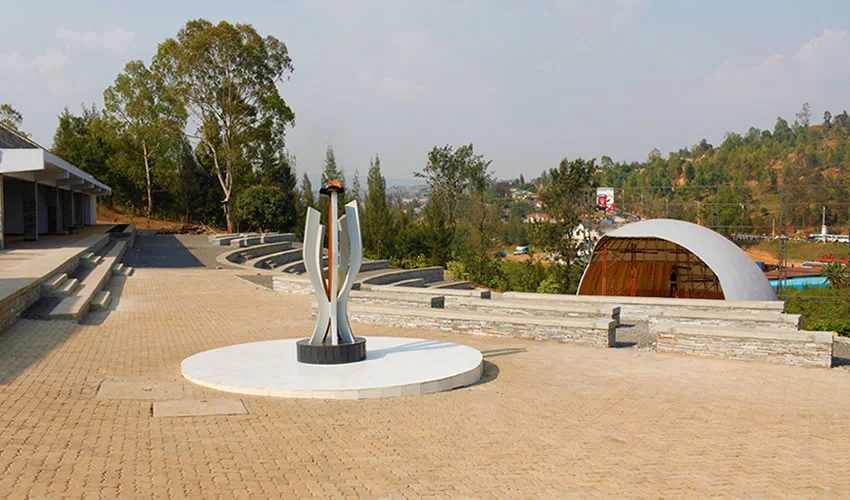
Her voice was soft and calm and she wore a pained smile, but behind all this I saw a resilience which I later came to observe exists in many Rwandans. She told me her name was Chantelle and that she was the head teacher of one of the technical secondary schools. She had brought the children there as part of the school curriculum to learn about their history. She said that it was quite emotional for the kids seeing it for the first time, but it was necessary – so the next generation can see why it must never happen again.
Before we finally took our leave, we managed to squeeze out a few words from Serge, the External Relations Manager there at the Kigali Genocide Memorial. He buttressed on the point made by the head teacher pointing out that one of the key causes of the genocide was the prevailing narrative at the time – hate.
“After the genocide, this narrative had to change”, he said. “The new narrative is unity and forgiveness, and it is taught to counter brain washing of the past,” Serge added.
Asked what advice he would give to visitors who had not yet come or had not fully grasped what the purpose here was, he replied, “We welcome them to come and see for themselves. Genocide is like a public health issue where like any disease, it displays symptoms. Coming here gives you an indication of some of those symptoms so that you can avoid them in your society. Treating symptoms early is the best way to avoid the disease. Never again not only in Rwanda, but anywhere else,” Serge said.
I left there thinking that you can listen to the same song over and over again and miss the message until one day when you are ready to receive it. Rwanda has not only put its head down and started the hard work of building up a responsible society, but it has also provided the rest of us an inspiration many of us would do well to learn from. I often refer to Rwanda, as the Dubai of Africa, but I am sure the likes of President Kagame will say, “there is only one Dubai and there is only one Rwanda.”










